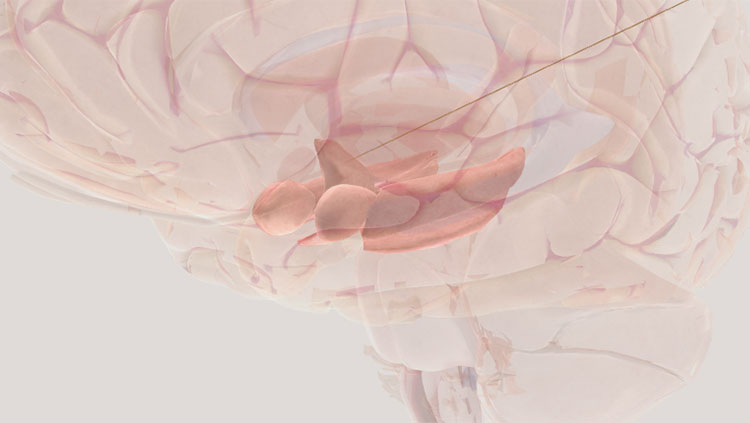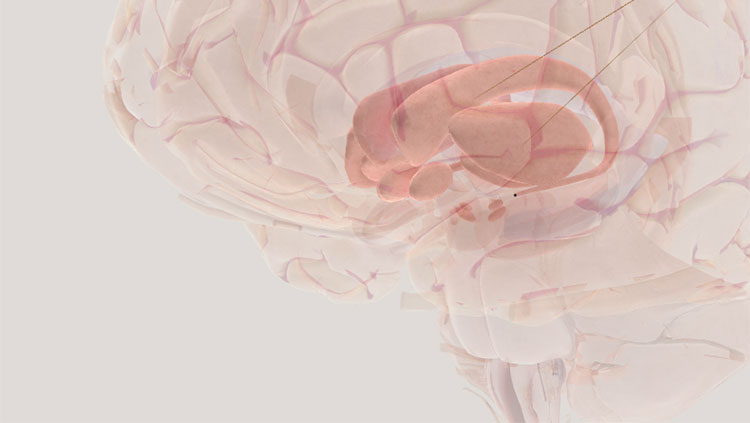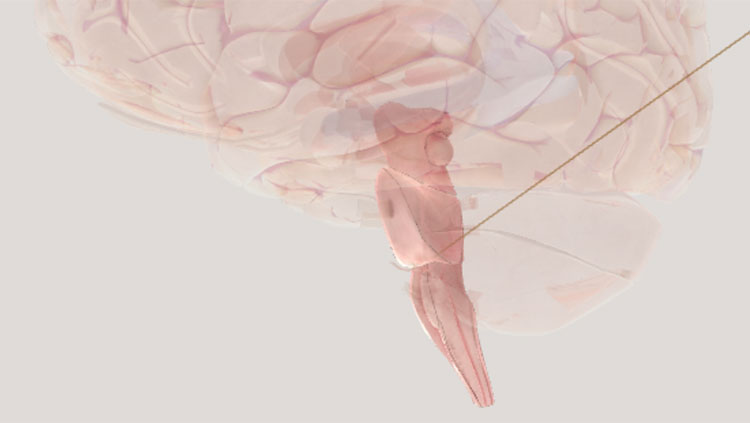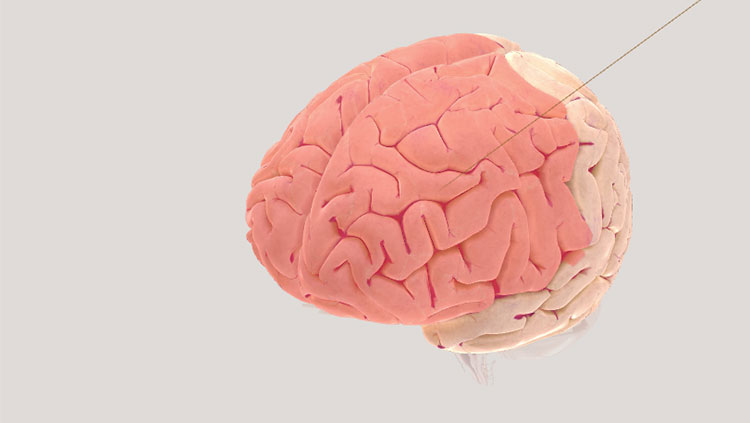Guess the Disorder Quiz: Attention Deficit Hyperactivity Disorder
- Published2 Jul 2018
- Reviewed2 Jul 2018
- Author Emma Lindberg
- Source BrainFacts/SfN
Synopsis
Neurologists and psychiatrists work every day to diagnose patients. One way they do this is by observing patients and asking them to describe their symptoms. In this activity, students will fill the role of a neurologist trying to diagnose a disease or disorder based on the evidence provided.
After studying the provided materials on diseases and disorders in the eighth edition of Brain Facts, students will investigate the symptoms of an unnamed disease using a handful of clues. Students will sift through their knowledge of neurodegenerative diseases, injury, and psychiatric disorders to eliminate wrong answers and solve the mystery.
Prep Work
This activity is based on chapters 11–15 (pages 71–104) of the eighth edition of Brain Facts. Encourage students to read the chapters during class time or on their own to study for the Guess the Disorder Quiz.
Instructions
- Provide your student with the “Disorder Clues” prompt.
- Ask your students to read the prompt and use the information they learned from the Brain Facts book to determine the diagnosis. This can be done individually or as a group.
Optional
After your students have completed the quiz, ask them to share their answers with the class. Ask each student or group to give their rationale as to why they chose the diagnosis they did.
Disorder Clues
This disorder is one of the most commonly diagnosed childhood conditions. Children with this disorder are hyperactive, impulsive, and inattentive. Executive functions, such as finishing what they start, remembering to bring homework back to school, and following multistep directions, can be especially challenging for those with this disorder.
To warrant a diagnosis, attention and behavioral problems must be severe enough that they interfere with normal functioning. In addition, the behavioral issues must be present in more than one context — not only at home or at school, but in both settings.
Although this disorder tends to run in families, no well-defined set of genes is known to be responsible for the condition. Environmental risk factors, such as extreme adversity early in life, exposure to lead, and low birthweight, can also be involved.
Answer
Attention deficit hyperactivity disorder (ADHD)
CONTENT PROVIDED BY
BrainFacts/SfN
Also In For the Classroom
Trending
Popular articles on BrainFacts.org


















